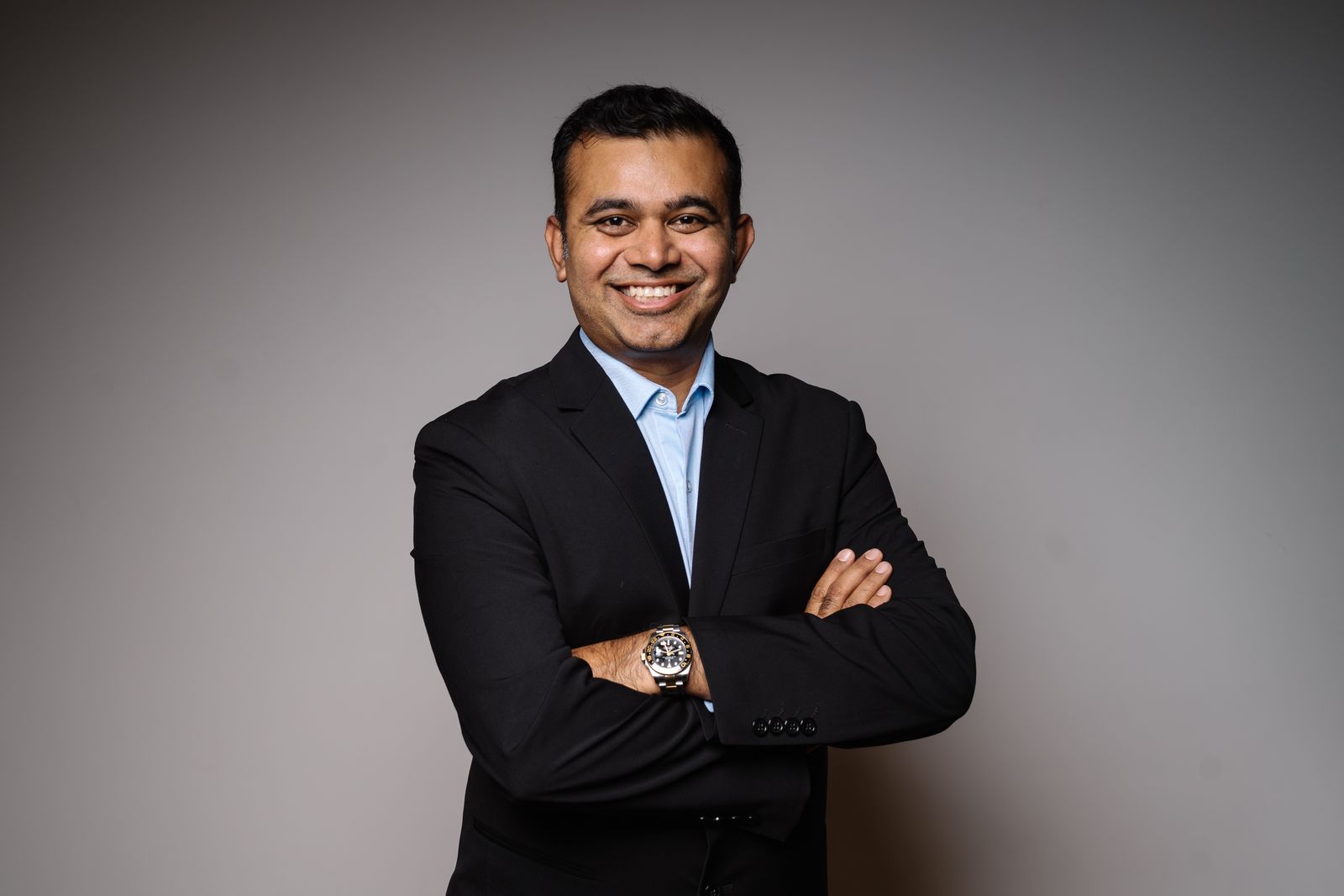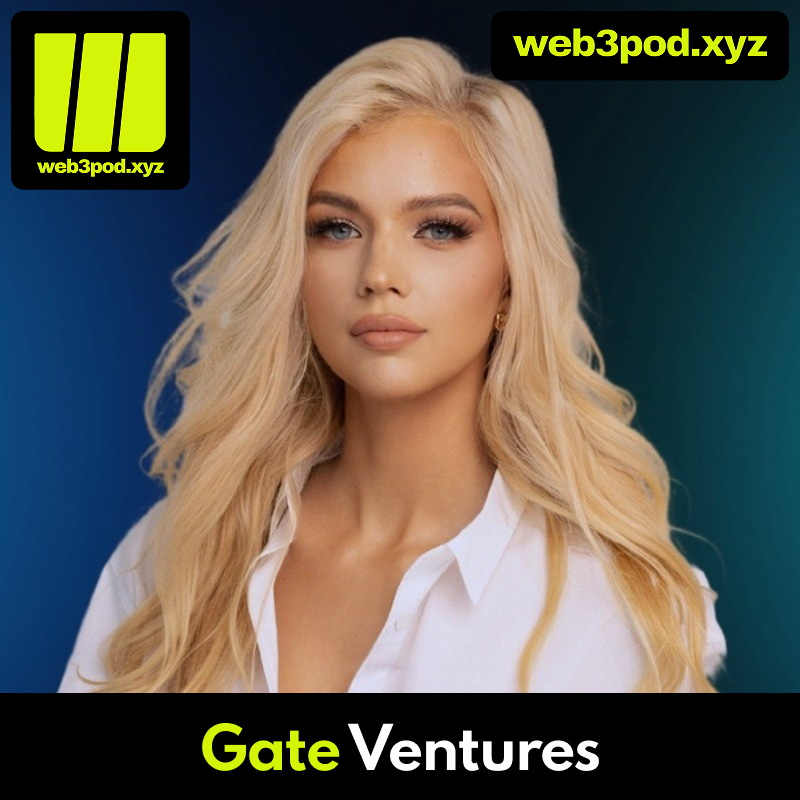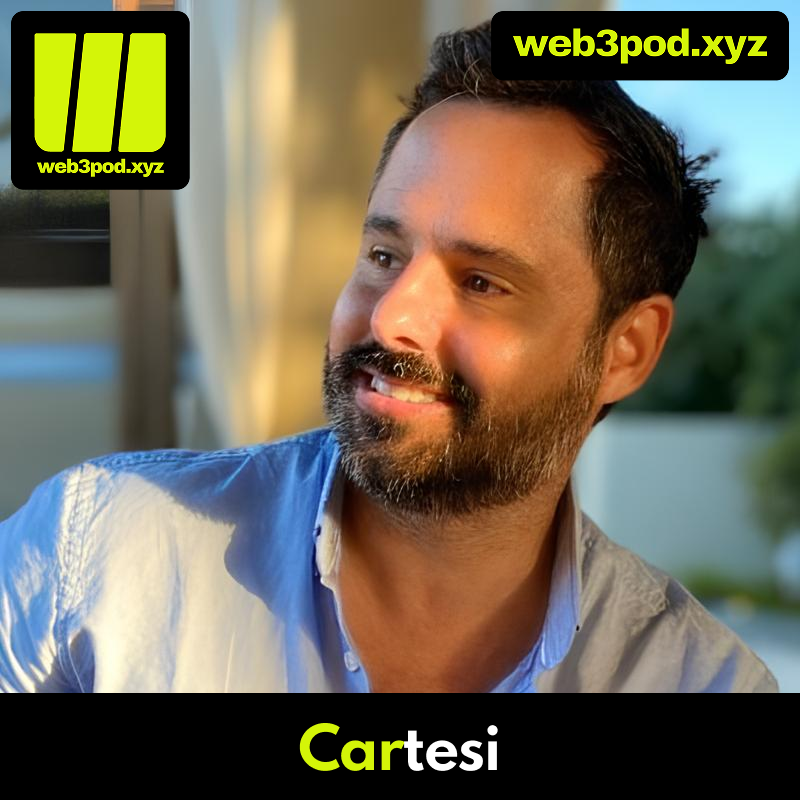Decentralized AI is Here: How Theoriq is Building the Future of Collaborative Agents
.jpg)
AI agents that think, collaborate, and act
For years, AI in practice has mostly meant wrappers around APIs—tools that can retrieve and display information but lack decision-making capabilities. Ron Bodkin believes that era is ending. At Theoriq, he and his team are designing a platform that enables AI agents—entities that can act autonomously, collaborate with others, and solve specific problems using real-time data.
But this isn’t just about smarter bots. It’s a new design paradigm: a protocol for AI agent collaboration that shifts power from centralized silos to community-driven development.
Why decentralization matters in AI
AI has historically been a game of scale—more data, bigger models, more compute—controlled by a few major players. But as Ron points out, centralized AI creates systemic risks. When a handful of tech giants dominate the infrastructure, incentives and outcomes become skewed.
Decentralization, when applied thoughtfully, offers a way out. It democratizes access to innovation, enables permissionless experimentation, and aligns AI development with user needs—not just shareholder value.
Theoriq's protocol invites developers to build, share, and monetize AI agents without needing to rely on closed platforms or give up control.
Sustainable open-source AI? Web3 might have the answer
Funding open-source AI is a well-known challenge. Most projects either fizzle out or get absorbed by commercial entities. Ron argues that Web3 provides a new economic layer—through tokens, DAOs, and on-chain governance—that can sustain open innovation.
Instead of VC-led roadmaps or acquisition exits, Web3-native projects like Theoriq can pursue mission-aligned growth, rewarding contributors and aligning incentives around long-term value creation.
Real-time data is the new oxygen
For AI agents to be useful, they can’t just rely on static datasets. They need access to real-time, dynamic data—from financial markets to weather patterns to supply chains. Theoriq is designed to connect agents with these sources, allowing them to learn, adapt, and respond in near real-time.
This enables use cases that go far beyond search or summarization:
- Agents that can execute DeFi trades based on live signals
- Tools that assist DAOs in governance through trend analysis
- Market monitors that detect fraud or anomalies in supply chains
And much more.
Governance and the role of DAOs
With power comes responsibility—and governance. Ron envisions a future where agent protocols are governed by their communities, not dictated by centralized firms. DAOs, he explains, are well-suited to oversee development, resolve disputes, and manage updates to agent logic.
Theoriq is already experimenting with progressive decentralization, allowing the community to steer the direction of the platform while maintaining developer agility in its early stages.
How to get involved
Whether you’re a solo dev, researcher, or just curious about decentralized AI, Theoriq welcomes contributors. You can:
- Join their testnet
- Build agents with no-code or developer tools
- Monetize your contributions through their upcoming agent marketplace
Ron’s call to action is simple: “Let’s build a future of AI that’s open, collaborative, and actually useful.”
Final thoughts
This episode isn’t about buzzwords—it’s about redefining how AI is built and who gets to build it. Theoriq's approach blends the best of Web3's openness with AI's capabilities, resulting in a platform that could unlock real change.
If you’ve ever felt uneasy about the consolidation of AI power, or you’re looking for new ways to apply your skills in the Web3 space, give this episode a listen.
🌐 Explore Theoriq:
Website | Twitter | LinkedIn
👤 Connect with Ron:
Twitter | LinkedIn
Listen to the episode




